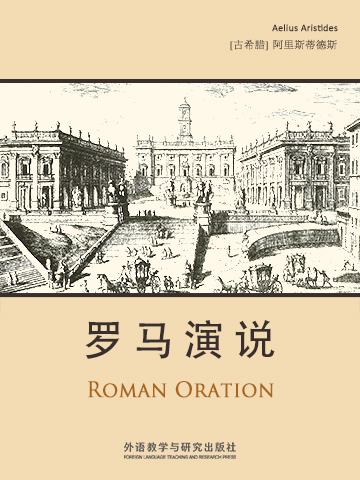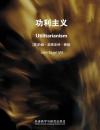读此书,当年的罗马盛世之景便能跃然纸上,在你的脑海中久驱不散。
Pico’s Oration attempted to remap the human landscape to center all attention on human capacity and human perspective. Arriving in a place near Florence, this famous Renaissance philosopher taught the amazing capacity of human achievement. "Pico himself had a massive intellect and studied everything there was to be studied in the university curriculum of the Renaissance; the Oration in part is meant to be a preface to a massive compendium of all the intellectual achievements of humanity, a compendium that never appeared because of Pico's early death."
作者阿里斯蒂德斯最著名的演说是在罗马帝国皇室面前发表的《关于罗马》,他赞扬罗马帝国及其推崇的大同理论,描绘出了一幅令人印象深刻的罗马盛世之景。而这本书也被称为“文艺复兴宣言”。
The Oration on the Dignity of Man (De hominis dignitate) is a famous public discourse pronounced in 1486 by Pico della Mirandola, an Italian scholar and philosopher of the Renaissance. It has been called the "Manifesto of the Renaissance".
- Roman Oration
- 书评 写书评
- 笔记
-
书评加载中...






















 京公网安备 11010802032529号
京公网安备 11010802032529号
笔记加载中...